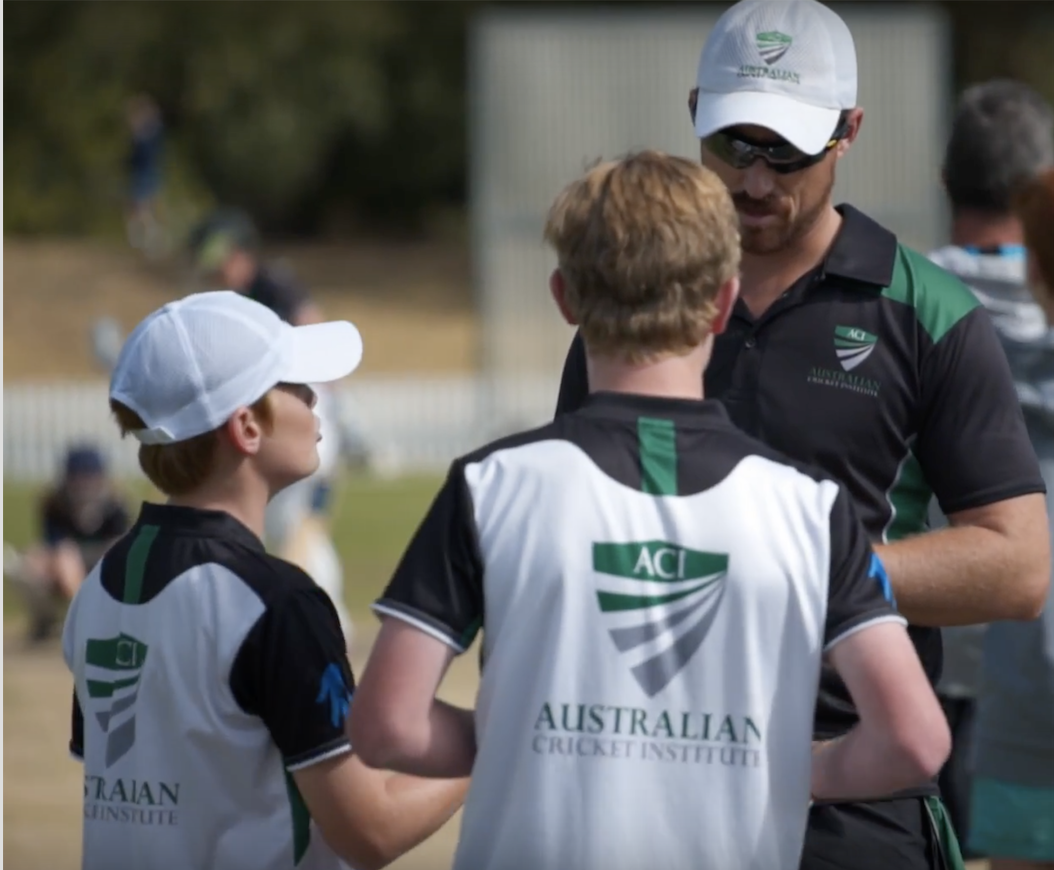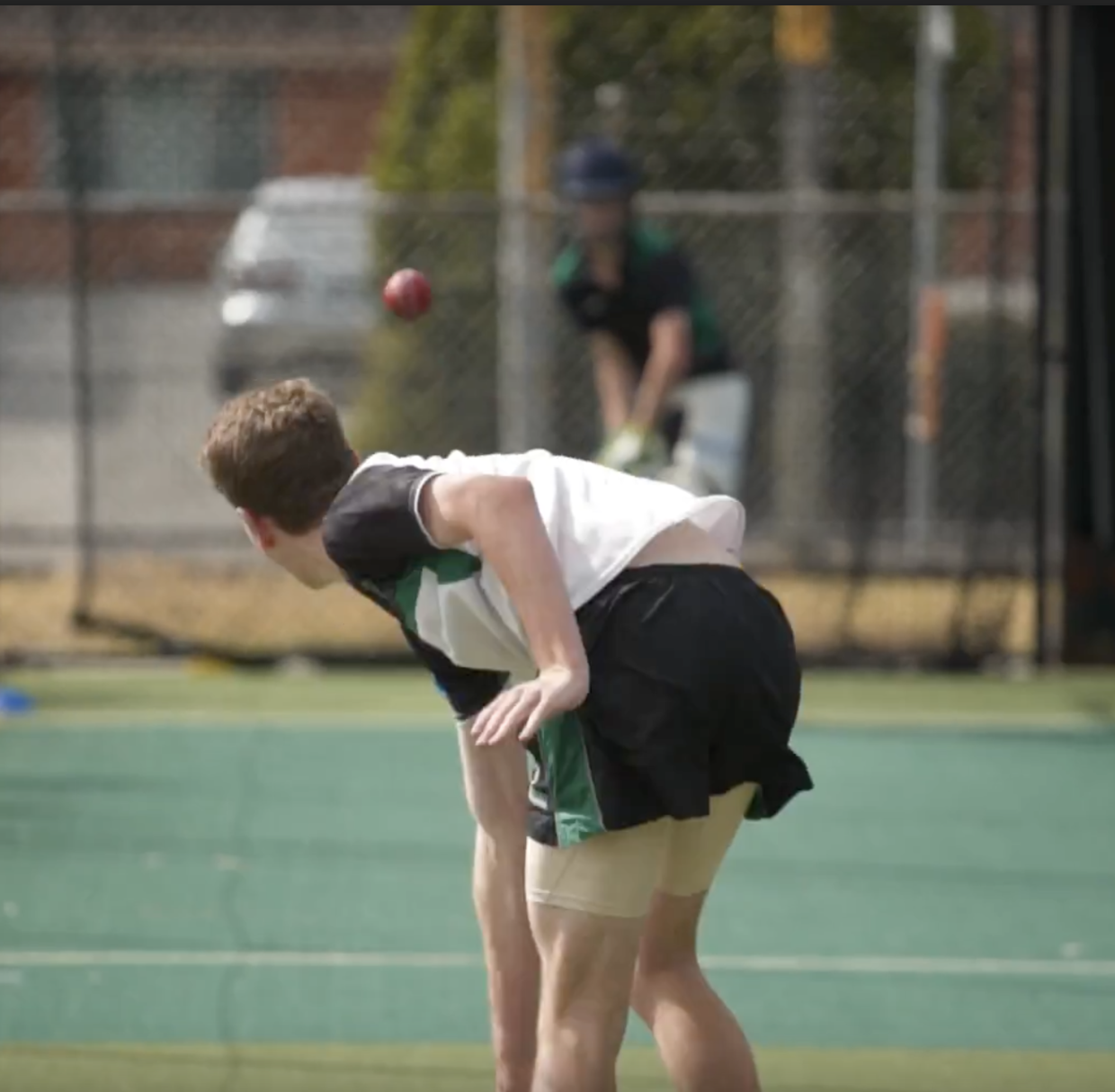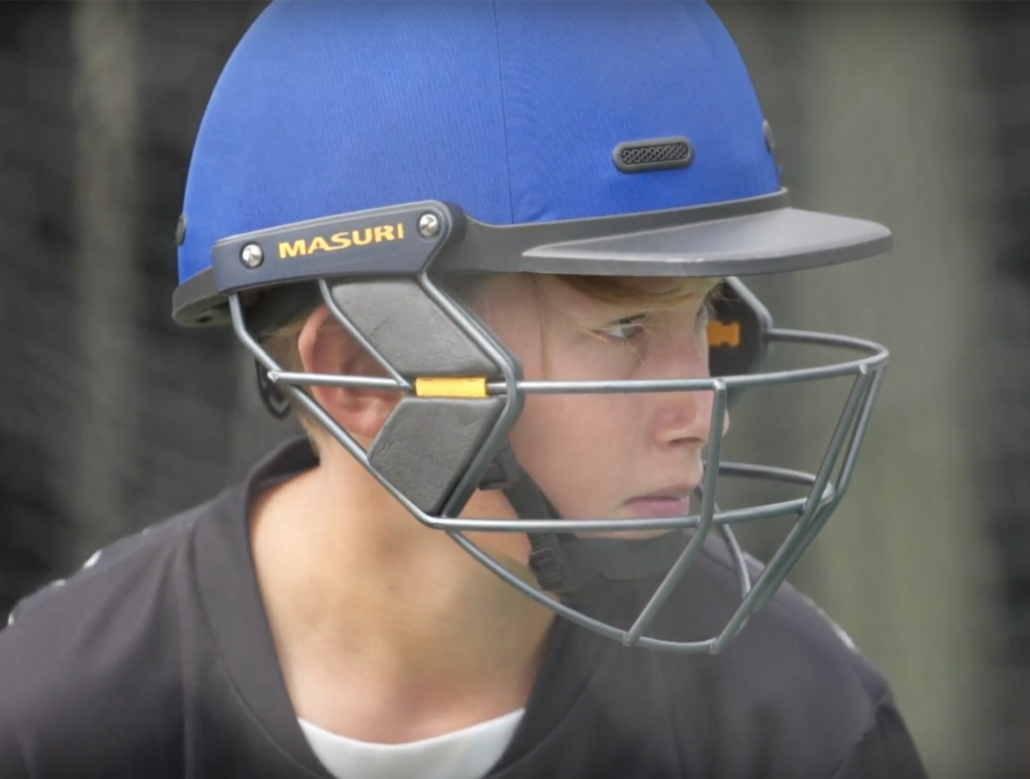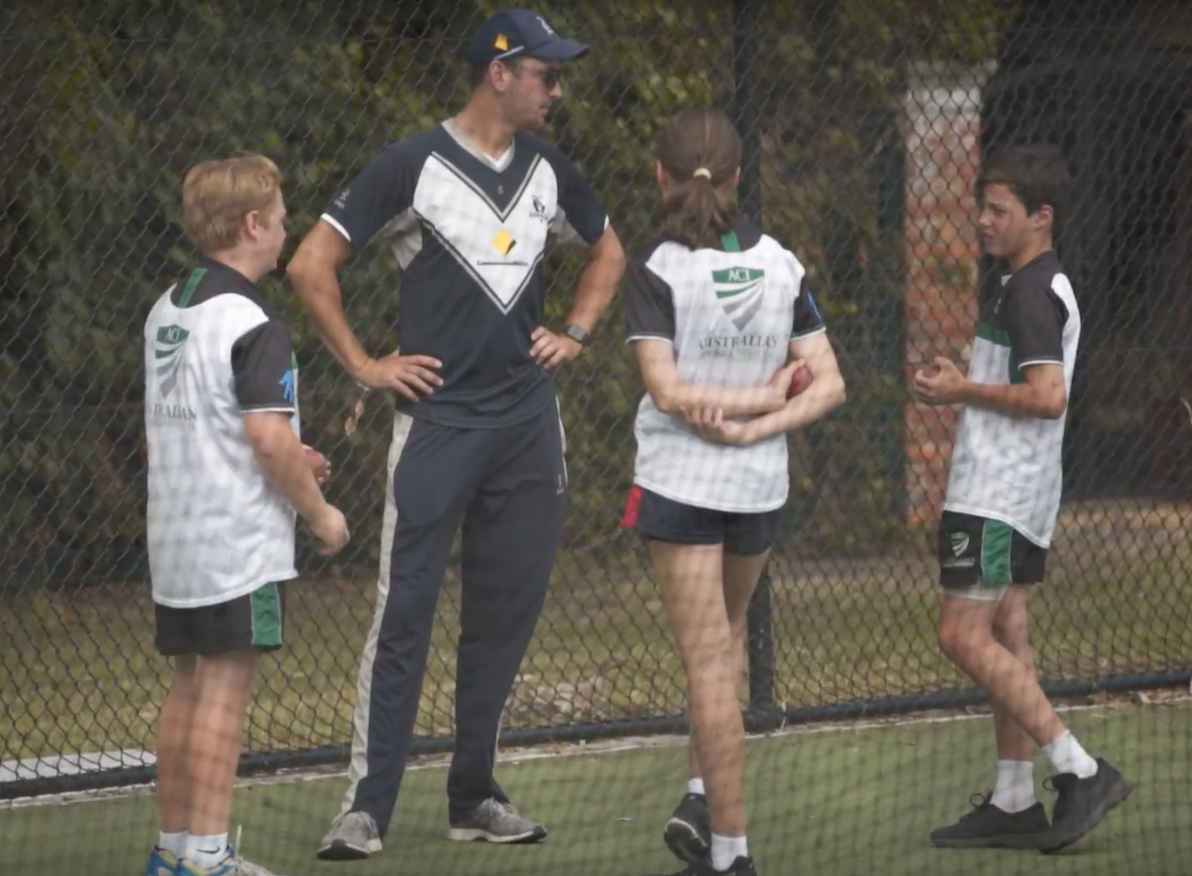I want to address something that I’m sure is common in every sport but in this case, I’ll talk about its presence in cricket.
It’s the habit of ‘chasing the next shiny object’ (I reckon everyone suffers from it in some area of their life).
What I mean by ‘chasing the next shiny object’ is always wanting to do something new and different.
Getting bored with doing what’s required to get better and what’s required to succeed.
Yes, it’s part of human nature to want to do new and exciting things but as an athlete you need to get comfortable with repetition and doing the ‘boring’ things.
It kind of frustrates me when I hear players, or parents of players say, “Is this session going to be different?”
Yes, us and other coaches are always looking for better ways to improve a player’s game but at the end of the day cricket involves a limited number of skills and you don’t always need to reinvent the wheel.
Success often lies in simplicity.
Just because you play a perfect cover drive doesn’t mean you never have to practice the cover drive again.
Just because you bowl a great out swinger doesn’t mean to never have to practice bowling an out swinger on the top of off stump again.
Just because you’re involved in a discussion about batting or bowling plans doesn’t mean you never have to speak or think about plans again.
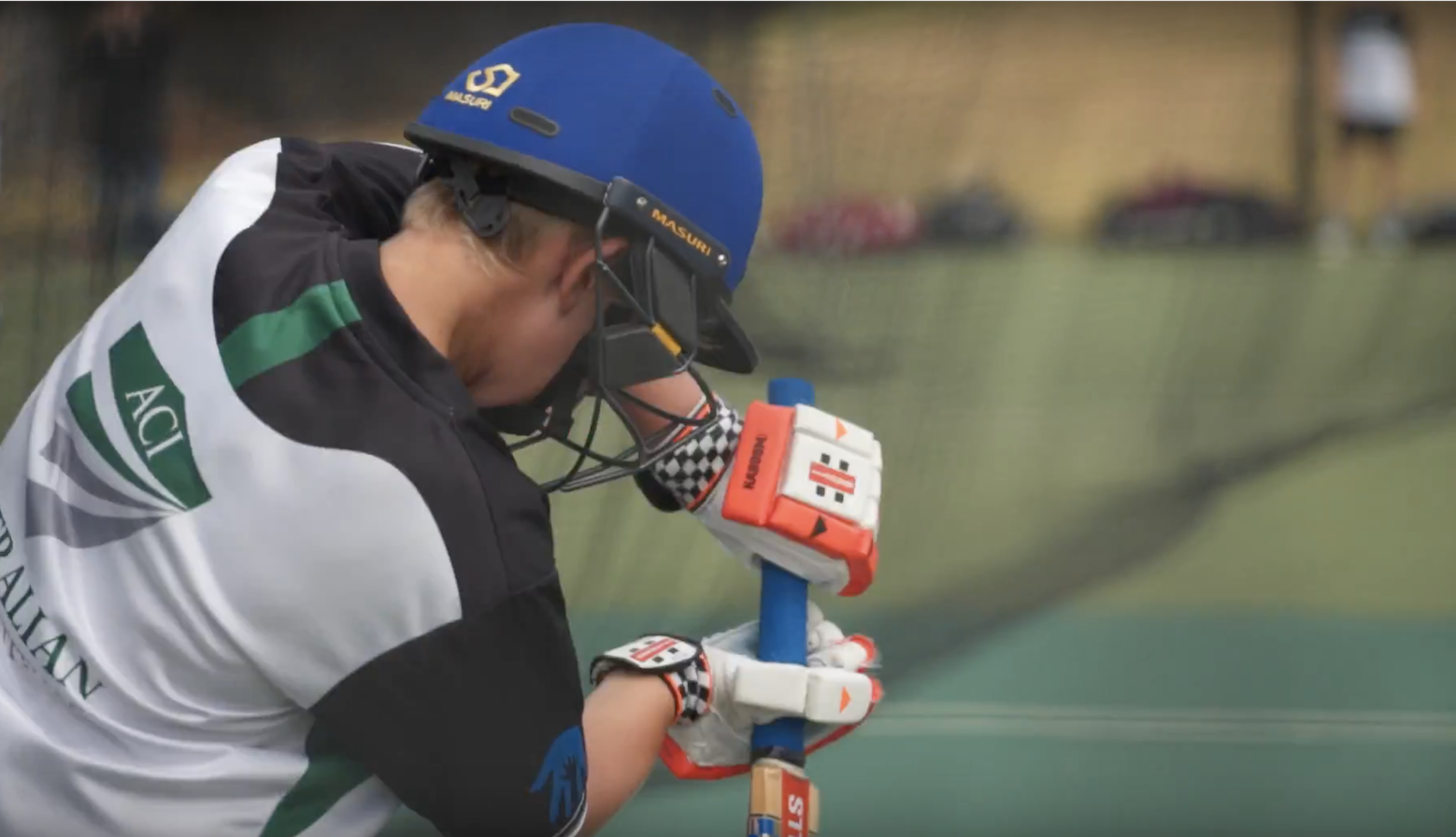
REPETITION
Cricket, or becoming better at any skill for that matter, is about repetition.
Repeatedly executing the skill so that it becomes autonomous and part of your muscle memory.
You might have heard of the 10,000 hour rule?
“To master a skill, you must practice it for ten thousand hours.”
I’m not sure that’s entirely correct or hard and fast because there are so many variables, like how quickly you learn and the quality of your environment and training…
But I do know that to get really good at something and execute it consistently at a high level, you need to practice it a lot and practice it well.
So, unless you can hit a cone with a straight drive 20 times in a row from 15 meters away, don’t tell me you’re ‘bored of hitting underarms.”
Or unless you can rip the 20cm x 20cm target off the top of off stump 36 times in a row, don’t tell me you’re bored of target bowling.
If you’re reading this, you’re likely a young player or someone coaching/parenting a young player.
Understand that becoming a quality cricketer is a process and it takes time.
You don’t need to be able to execute every skill and know everything there is to know about the game in your first few years playing.
QUALITY
Like I said, I think you can accelerate that 10,000 hour process by making sure you’re training with quality and in a quality environment...
- Train with a clear purpose.
- Surround yourself with other driven players and good training partners.
- Make sure YOU are a good training partner - by that I mean become a good underarm thrower, side arm thrower, machine operator, catch hitter etc.
- Make training challenging (balance it with repetition.)
- Set yourself outcome-based targets.
- Try to simulate a match environment where possible.
5,000 hours in an environment like that will get you a lot further than 10,000 poor training hours…
Guaranteed.
If you'd like to train with the ACI this year >> Click Here
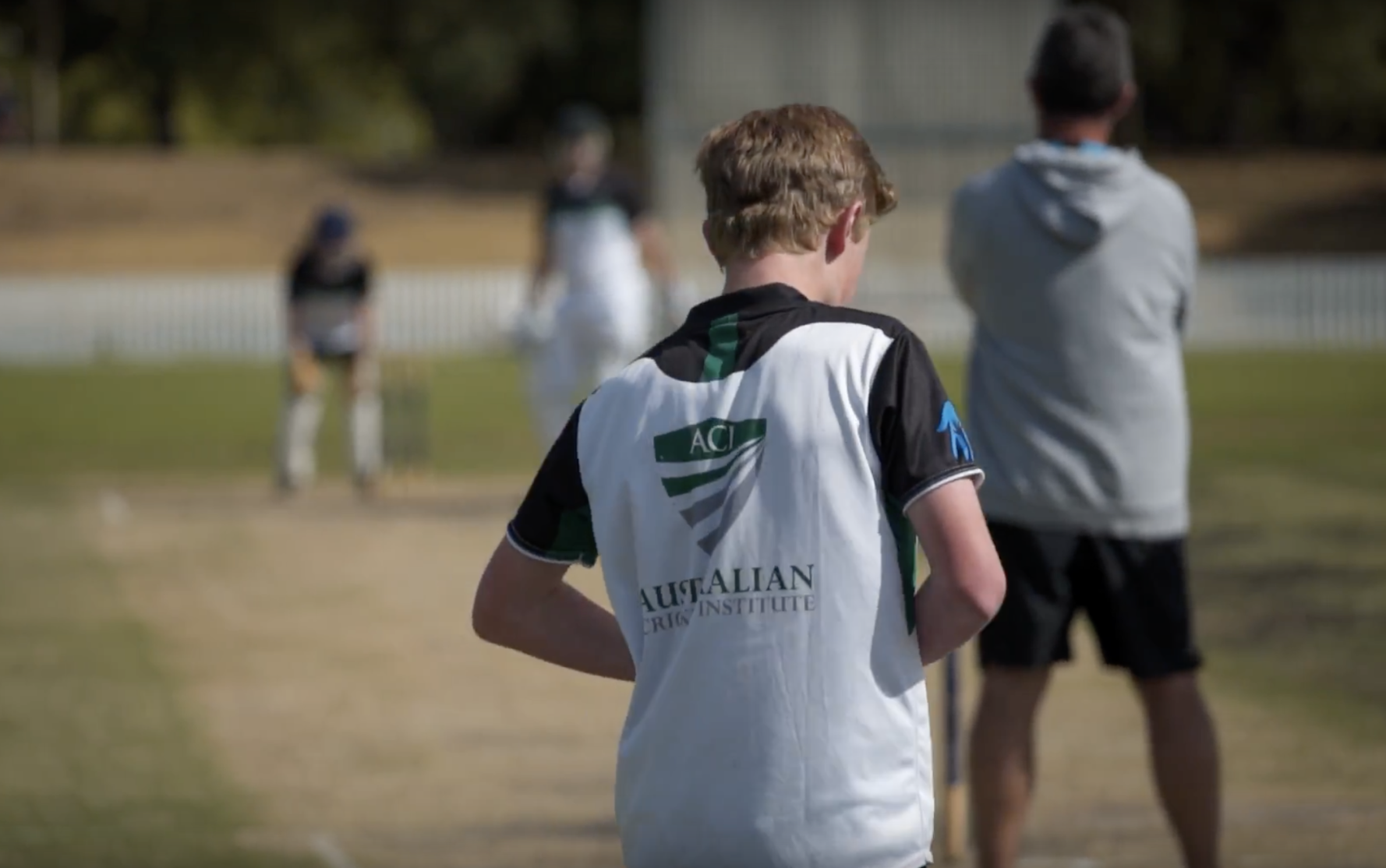
EXPERIENCE BRINGS NEW PERCEPTION
I’ve played over 15 years of senior cricket at a decent level and I can’t tell you how many out swingers I’ve bowled at a target at the top of off stump, how many underarms I’ve hit at the back net or how many times I’ve talked about my bowling plans in the first 10 overs of a game.
One thing I can promise you is that each year of experience you get under your belt will bring a new perception on all of those things we do over and over again.
The conversations and training doesn’t change, the way you perceive them does.
The conversation I had about bowling plans when I was 15 was a completely different one than the one I had when I was 22 or 27.
You learn things, you understand things in a different light and you apply all of that previous experience you have to the next out swing drill you do or batting plans conversation you have to make them better than the last.
Please don’t be a serial shiny object chaser.
Get comfortable with repetition.
Get comfortable with doing the ‘boring’ things.
Don’t be in a rush.
Respect the process.
If you think the ACI can help you do that (and I've got no doubt we can) >> Learn how you can train with us.
Author: Nick Fitzpatrick
ACI Co Founder and Coach


